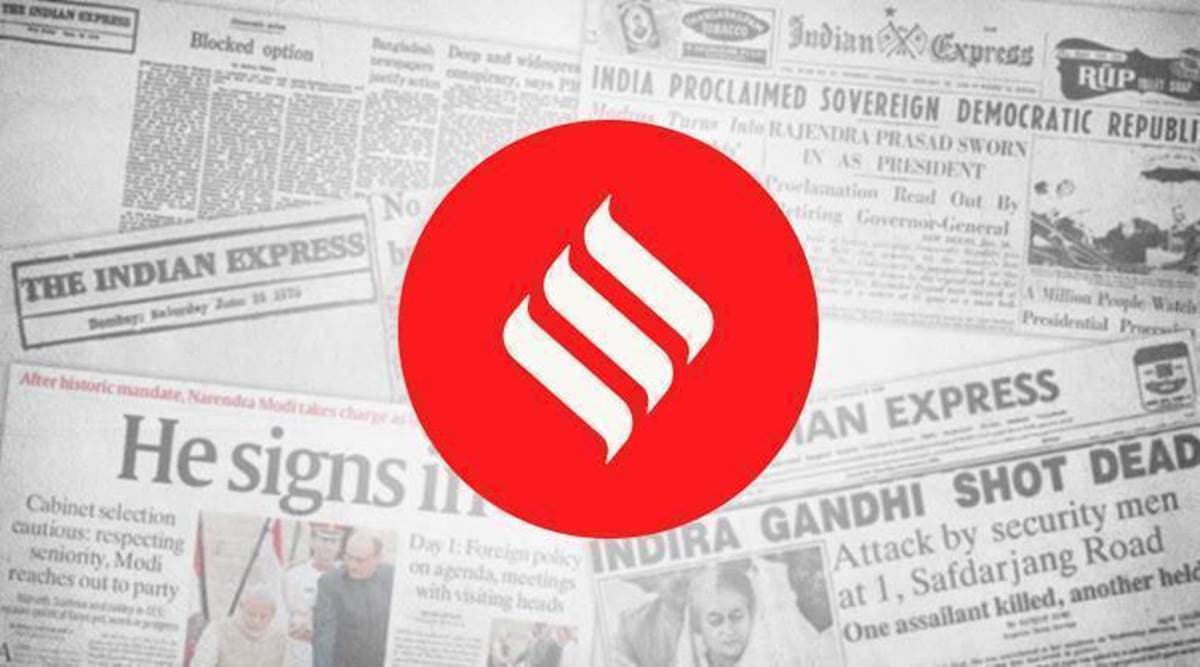 The Indian economy contracted by a staggering 23.9 per cent in the first quarter of the current financial year.
The Indian economy contracted by a staggering 23.9 per cent in the first quarter of the current financial year.AWith due respect, the highest court in the land has not shown its customary wisdom and institutional grace in the contempt case against Prashant Bhushan. On Monday, it lost another opportunity to correct course. In a 108-page order on August 14, it had convicted Bhushan for scandalising the court by two tweets. Subsequently, it urged him to reconsider his position. Bhushan stood his ground, and the court has now, over 82 pages, argued why it is necessary to punish the lawyer and activist — even though he has a fine record of pursuing public interest litigation, even though the offence itself can be seen to be vague and colonial, even though in striking the balance between rights and restrictions, rights must be deemed fundamental. The court has punished Bhushan despite all these arguments that it takes note of, because, “both the tweets coupled with averments in the reply affidavit are capable of shaking the confidence of the public in the institution as a whole”. It is not just that the court fails once again to persuade that it is acting, not just to protect itself, but, as it claims, to preserve the people’s trust in the administration of justice. It is also that the punishment seems indefensibly disproportionate. If Bhushan does not pay Rupee 1 by September 15, he would be jailed for three months and debarred for three years — having tried and failed to extract an apology, the court has attached to its token fine an unbecoming or-else.
Bhushan has respectfully accepted the punishment while reserving his right to seek a review. The court will have yet another chance to reconsider — it must not miss it again. These are not the best of times for the court. In recent months, it has invited questions about its lack of alacrity on cases that involve the liberties of the citizen and encroachment by the state. On matters ranging from habeas corpus to electoral bonds, it has attracted criticism for giving the benefit of doubt, and delay, to a powerful executive. It has also been ill at ease within — Monday’s order recalled the unprecedented January press conference of four senior-most judges in 2018.
In such times, it is even more necessary for the court to acknowledge that its prestige as the custodian of constitutional values and individual rights is best protected not by rushing to use its punitive powers against those who would criticise it, but by living up to its most capacious institutional self. And by showing its ability to self-correct. Bhushan has admirably held his ground, he should now seek a review so that the Honourable Court has the option to strike down the conviction — and erase this blot.